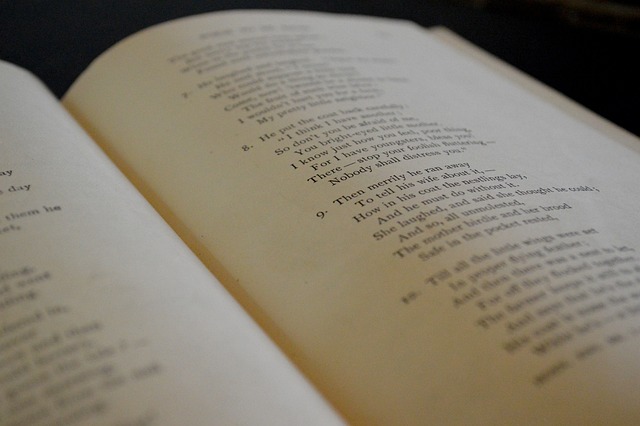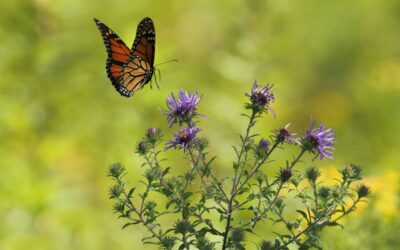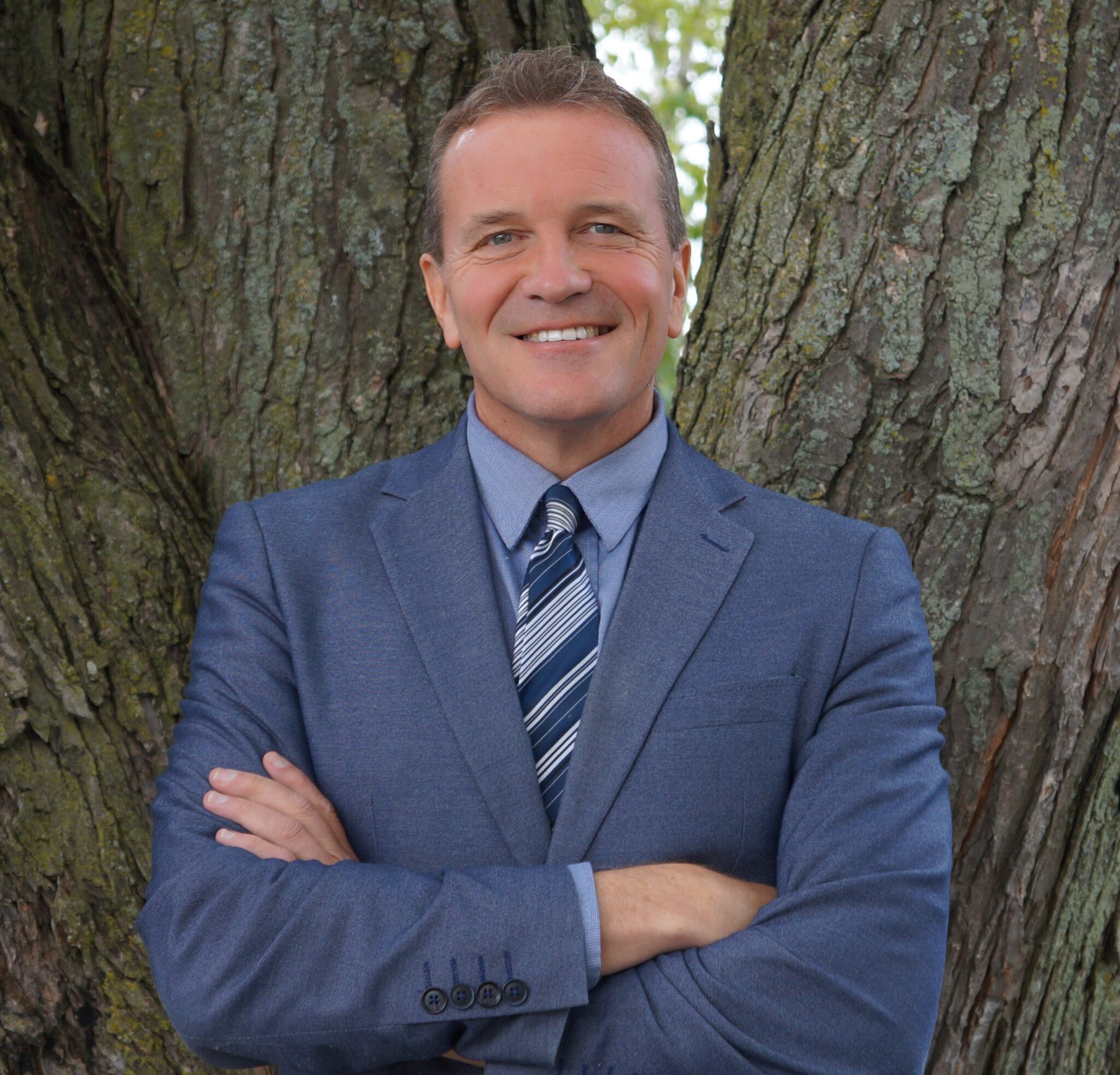So writes the poet:
“In moonlit skies, a dance of light,
Stars whisper tales through the tranquil night.
A gentle breeze, a whispered song,
Nature’s poetry, where dreams belong.”
I love poetry. Growing up I found it to be a safe place of retreat, where I could go and lose myself in beauty and harmony, in rhythm and cadence. Poetry spoke words to me that opened hidden places, and smoothed crooked paths, and made long-dormant embers spark with life. And I had my favourite lines:
“The wind was a torrent of darkness among the gusty trees. The moon was a ghostly galleon tossed upon cloudy seas” (The Highwayman by Alfred Noyes)
“I wandered lonely as a cloud, that floats on high o’er vales and hills when all at once I saw a crowd, a host of golden daffodils.” (The Daffodils by William Wordsworth)
“There is room in the halls of pleasure, for a large and lordly train, but one by one, we must all file on, through the narrow aisles of pain.” (Solitude by Ella Wheeler Wilcox)
Some of the best poetry comes from those who have suffered and struggled with life, and from those struggles have born words that speak to both the beauty and complexity of the human condition. Soren Kierkegaard once described the poet as, “an unhappy being whose heart is torn by secret sufferings, but whose lips are so strangely formed that when the sighs and the cries escape them, they sound like beautiful music.”
Poems can lead us into the deeper waters of our humanity like few things can, ministering to our hurts, awakening slumbering spirits, and giving wings to dormant dreams. Poetry in other words, speaks truth through the voices of those who have lived, struggled, suffered, and wrestled with life. And the path they have left us can send us on a treasure hunt that never disappoints.
I am a person who truly values words, and I am grateful for the lived experiences of those who have formed them in the most beautiful of ways.
So, that is why I am worried.
Please re-read the first poem at the top of this blog. Isn’t it beautiful? Do you know who wrote that poem? Artificial Intelligence (AI). Through an app called ChatGPT, which anyone can download onto their phone, I simply asked an invisible source of intelligence to “write me a poem.” That is what it came up with. Instantaneously. It is mine, to claim as my own if I wish. Impressive? Yes. Worrying? Yes.
The ground is shifting beneath us. Maybe you don’t feel it yet, but you will. Artificial Intelligence will usher in a new era, one in which unseen forces will be able to do for us, that which we have always done for ourselves. It can already write resumes, develop recipes, compose music, churn out book reports (and books), and write poems (and sermons for that matter), better than the vast majority of us could ever do on our own. And it does it in less time than it takes for me to write a sentence. Teachers and professors are frantically trying to stem the tide of AI as it invades the classrooms and lecture halls of our young people. It is a new form of plagiarism, but one without a paper trail because it exists only in the mind of an anonymous source of knowledge.
AI is only just beginning. It is in its infancy. I have no doubt that it will soon reshape how we do pretty much everything. Will it serve us well, and create a better and more efficient world? Or will it slowly but surely rob of us the ability to think for ourselves and create our own expressions of beauty and truth? The answer to that question remains to be seen.
Poetry is an expression of humanity’s struggle to find truth and beauty, which is why it speaks to us as few things can. If we can replace our poets, musicians, writers, and philosophers, with an invisible mind that can do it better, are we gaining the world but losing our soul? And do we risk losing the concept of truth itself?




